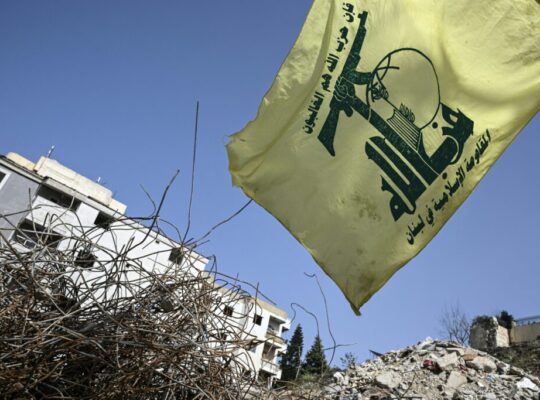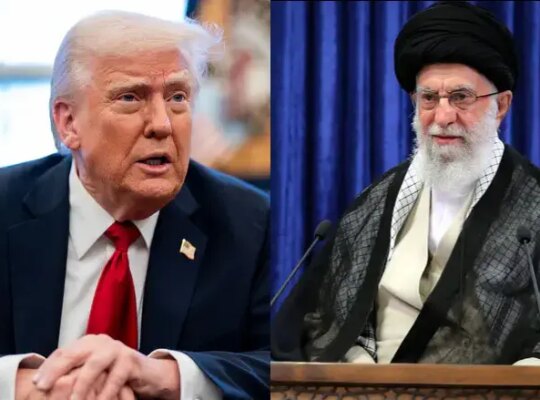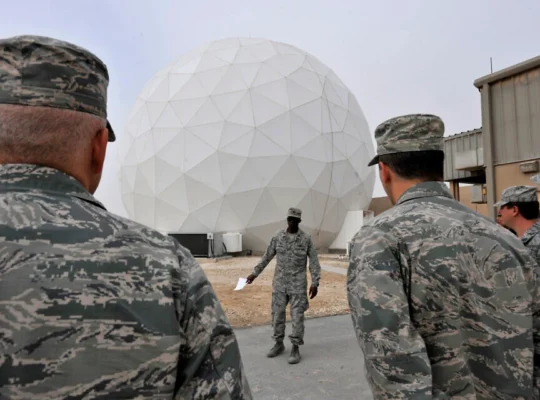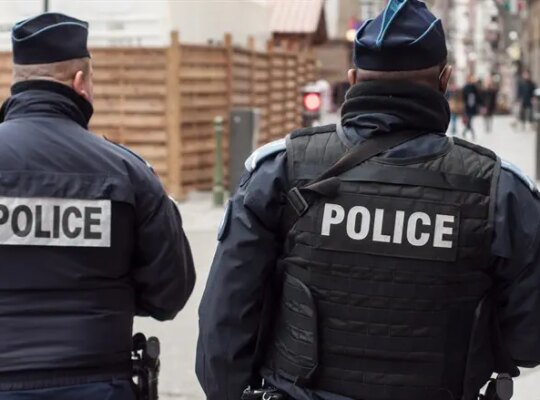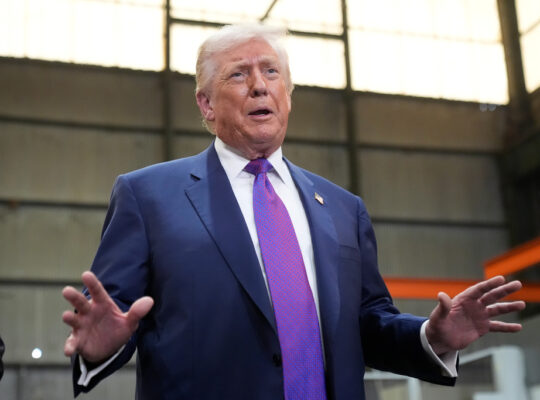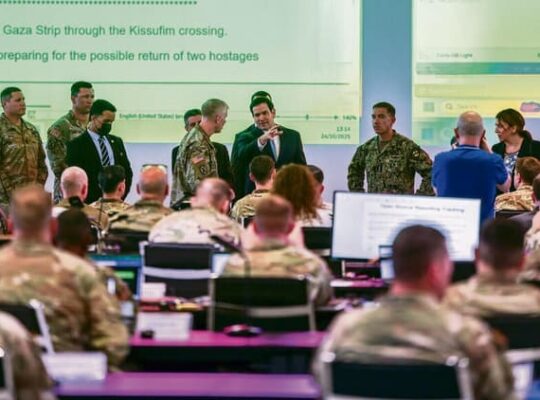The Jerusalem Post reports the IDF would not stand in the way of a proposal under discussion that would allow Hamas terrorists to lay down their weapons and reenter Rafah under strict conditions. National Security Minister Itamar Ben-Gvir and Finance Minister Bezalel Smotrich blasted the idea and demanded Prime Minister Benjamin Netanyahu block it outright. The report adds that Netanyahu opposes any “safe passage” for Hamas operatives unless verifiable disarmament is guaranteed.
What’s actually on the table? According to the Post’s sourcing, the concept being explored by mediators would apply specifically to Rafah—where Hamas has burrowed into a dense tunnel grid—and would hinge on operatives emerging without weapons and submitting to terms that prevent them from reconstituting combat cells. That narrow framing explains why the IDF signaled it would not obstruct the talks, so long as disarmament is real and enforceable; the political echelon remains divided.
The political firestorm is immediate. Smotrich warned that any arrangement letting terrorists regroup would be a disaster: “The certainty that we will pay in blood for a deal in which terrorists are released and Hamas survives is clear,” he wrote, pressing for Hamas’s total defeat. Ben-Gvir has repeatedly positioned himself against compromise steps he views as rewarding terror. Netanyahu, for his part, has set a red line for any framework: Hamas must disarm and Gaza must be demilitarized.
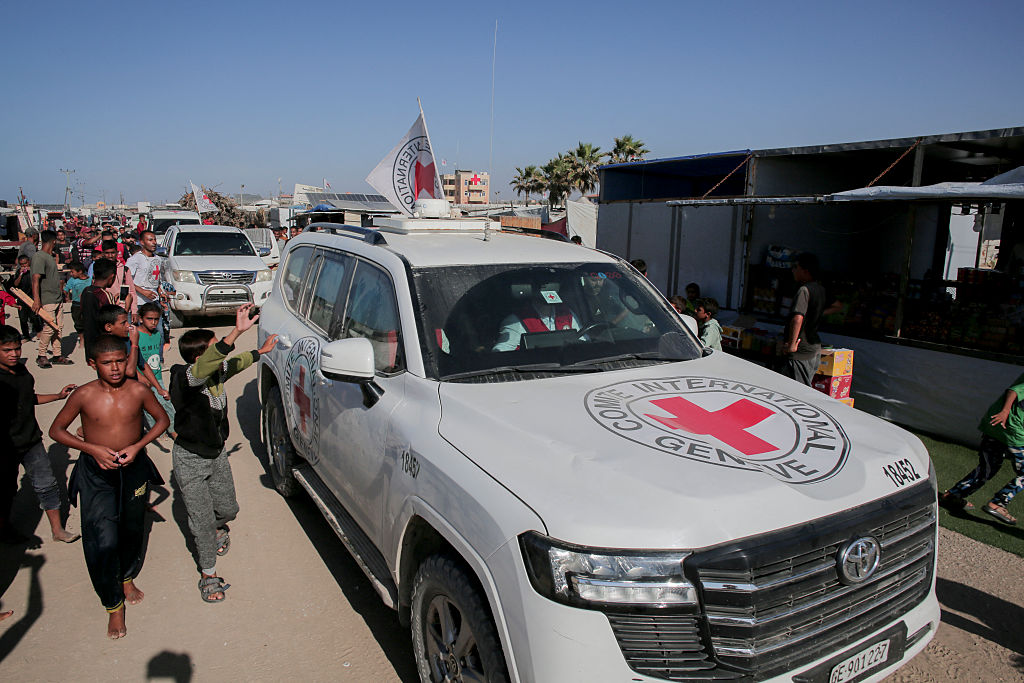
This fight is not happening in a vacuum. The latest Rafah flare-up—where an IDF combat engineering reservist, Master Sgt. (res.) Yona Efraim “Efi” Feldbaum, was killed by Hamas fire east of the IDF’s Yellow Line—shattered a fragile truce and triggered Israeli strikes before the ceasefire was reinstated. The incident hardened Israeli skepticism that Hamas can be trusted to “stand down” without ironclad enforcement.
On the other side of the table, Hamas officials have publicly balked at disarmament as an upfront commitment, floating long truces while tying any surrender of weapons to maximalist political demands—another reason Israeli ministers call the “disarm-and-return” talk a dangerous illusion unless intrusive verification is baked into any deal.
Allowing even “disarmed” Hamas operatives back into Rafah without a robust inspection regime, persistent ISR (intelligence, surveillance, reconnaissance), and immediate detention for violators risks letting the terror group quietly re-knit its networks. If this track advances, expect a hard push from Jerusalem to pair any return with teeth—persistent monitoring, snap checks inside tunnels and safehouses, and clear triggers for renewed IDF action if Hamas cheats. That’s the only version remotely consistent with Israel’s stated objective of disarming Hamas and preventing its reconstitution.
Source link




